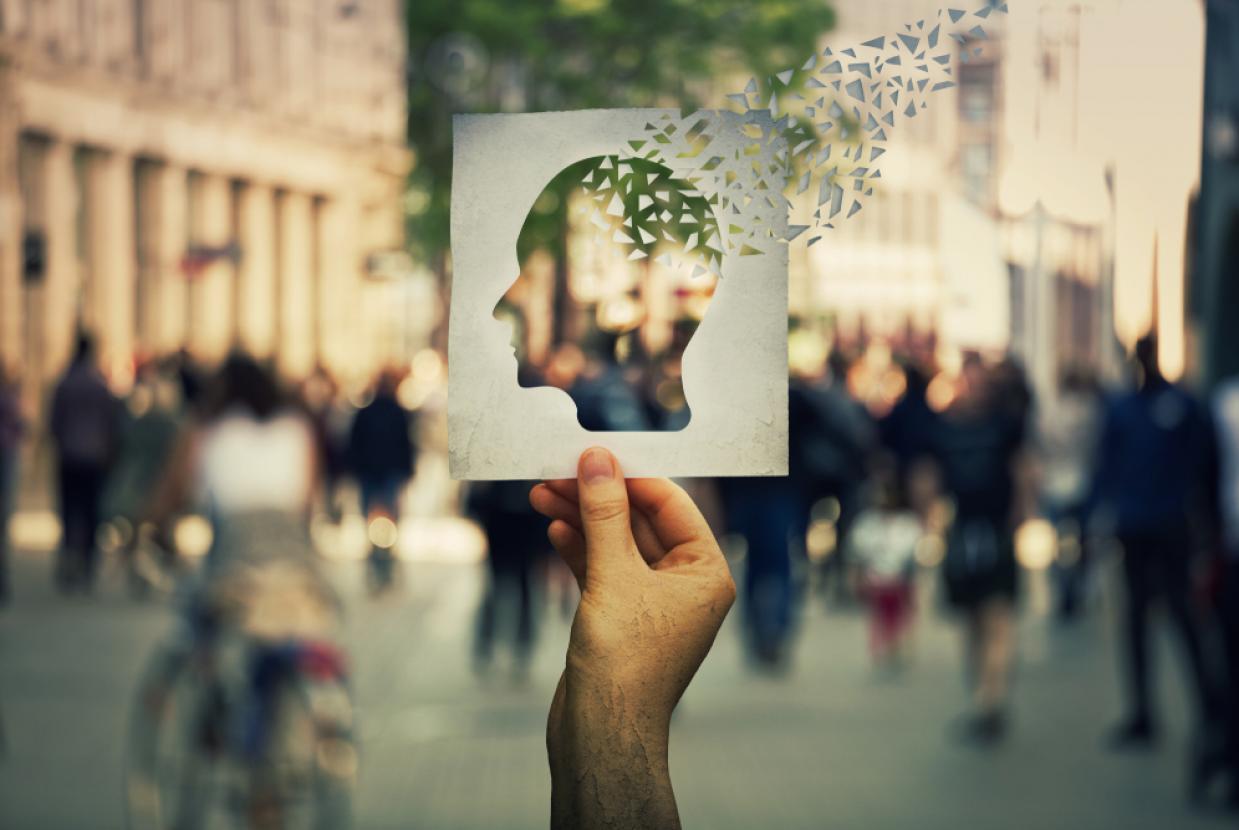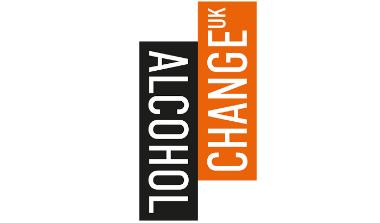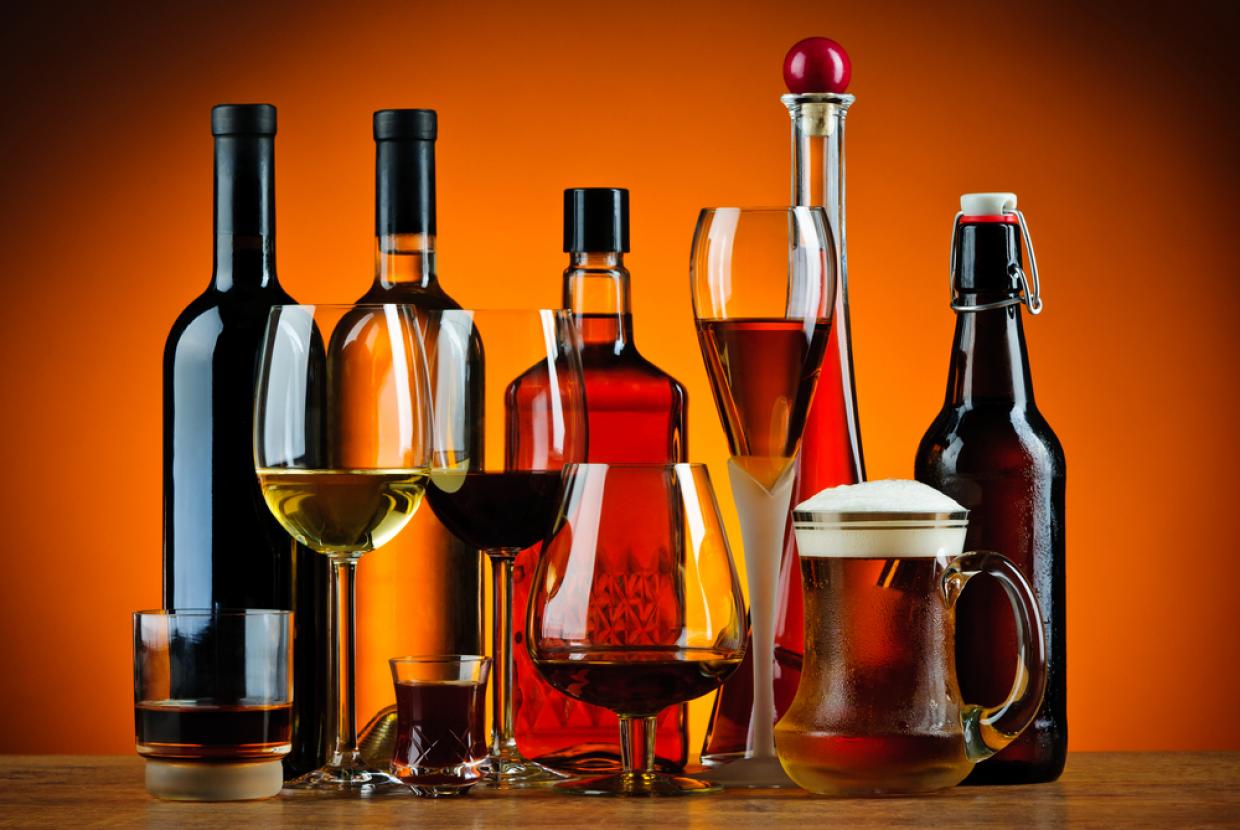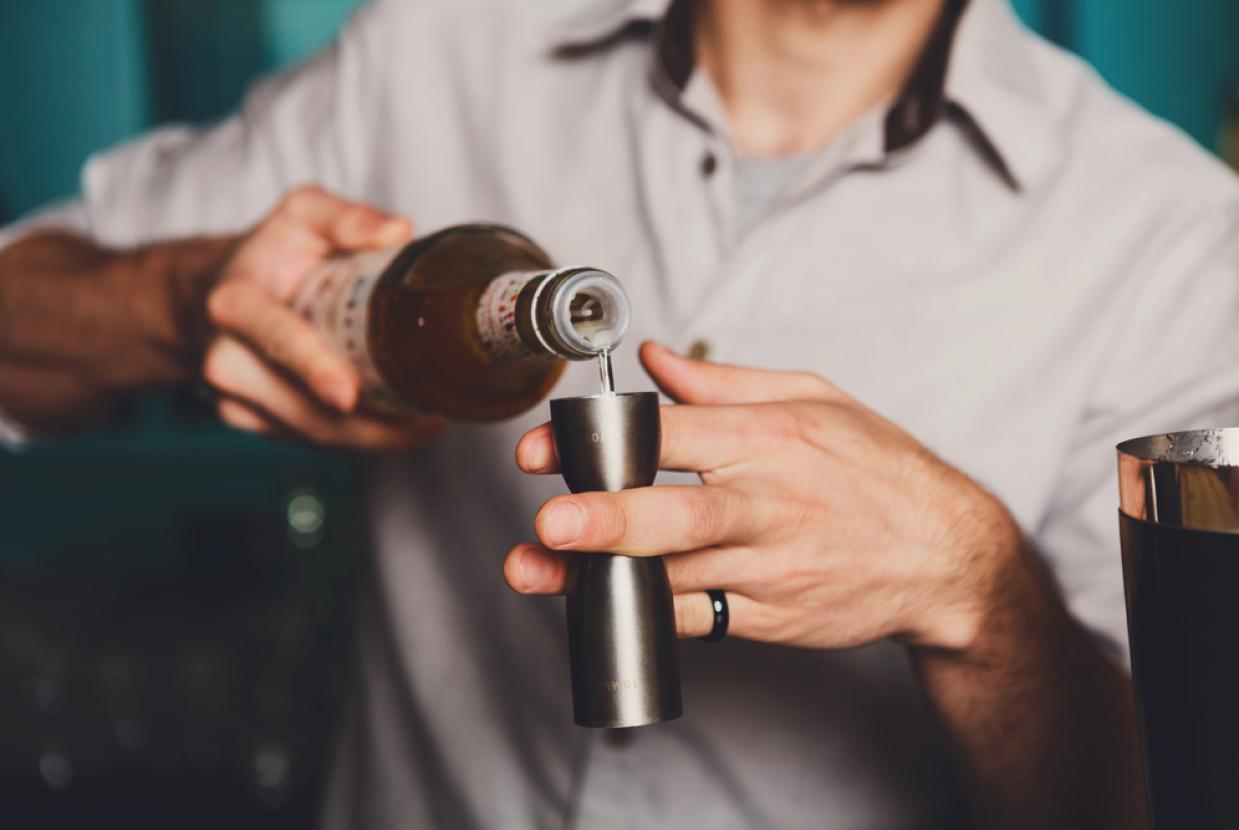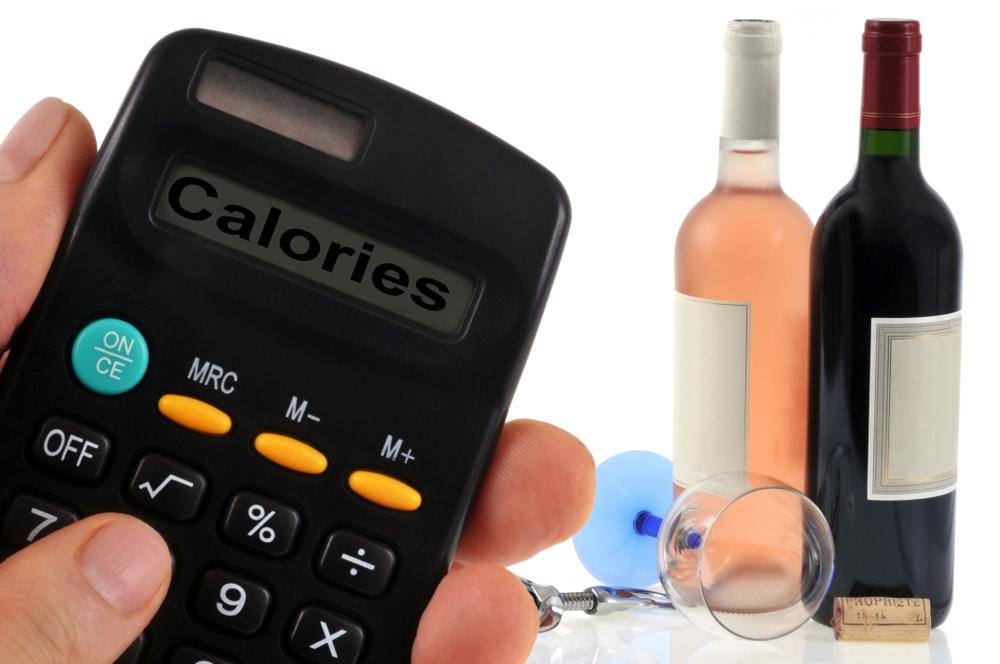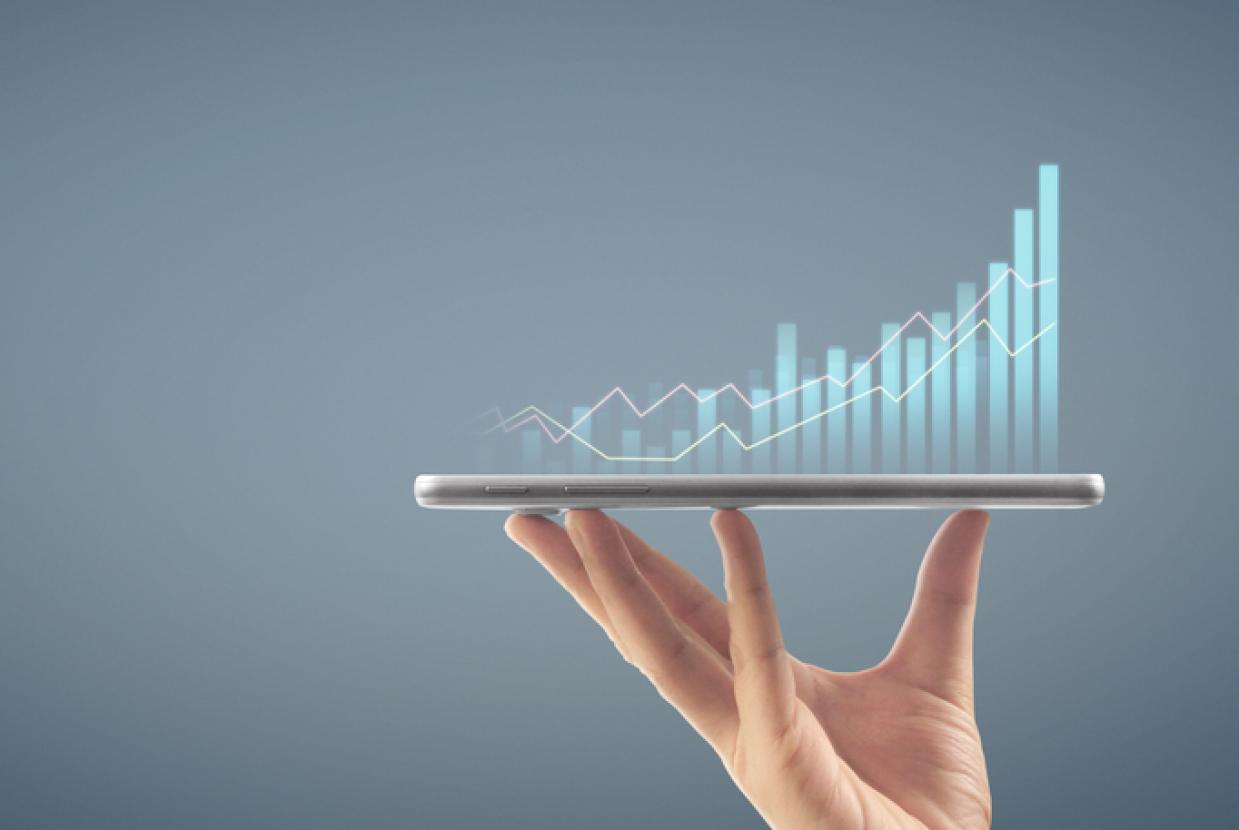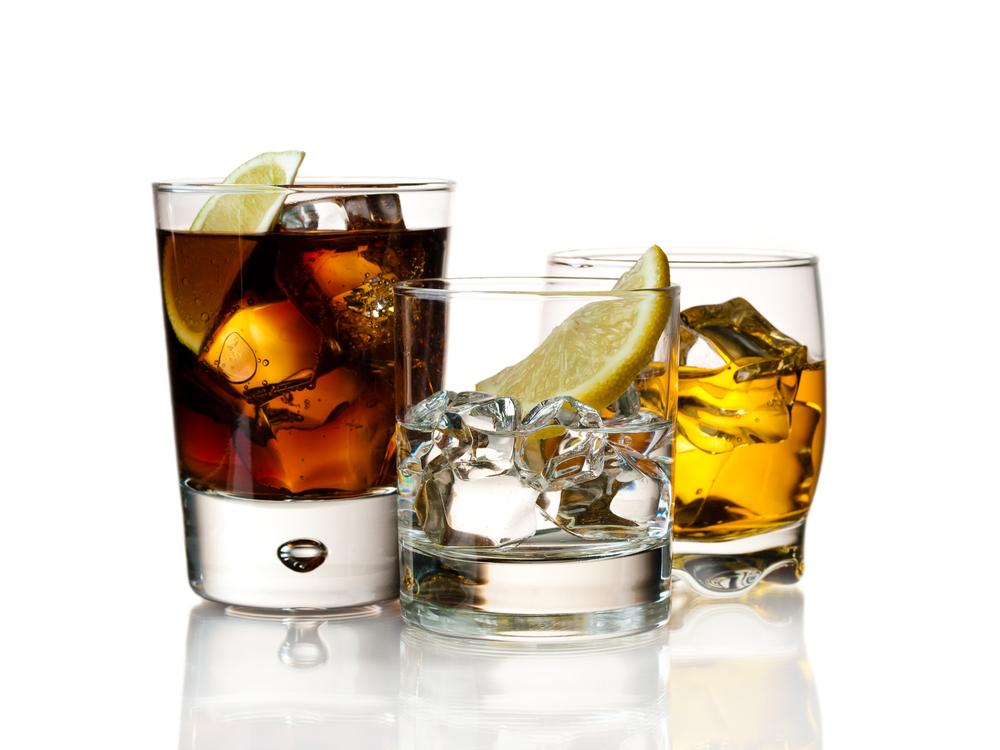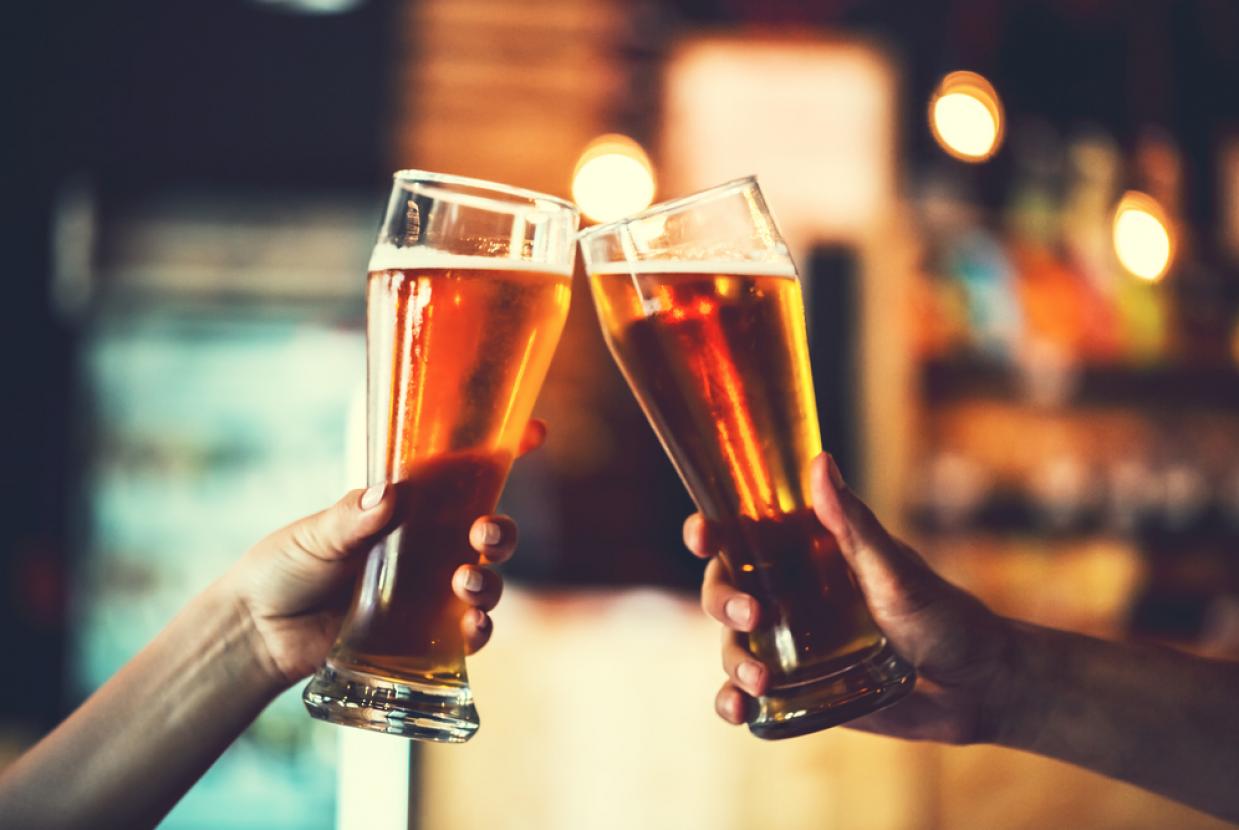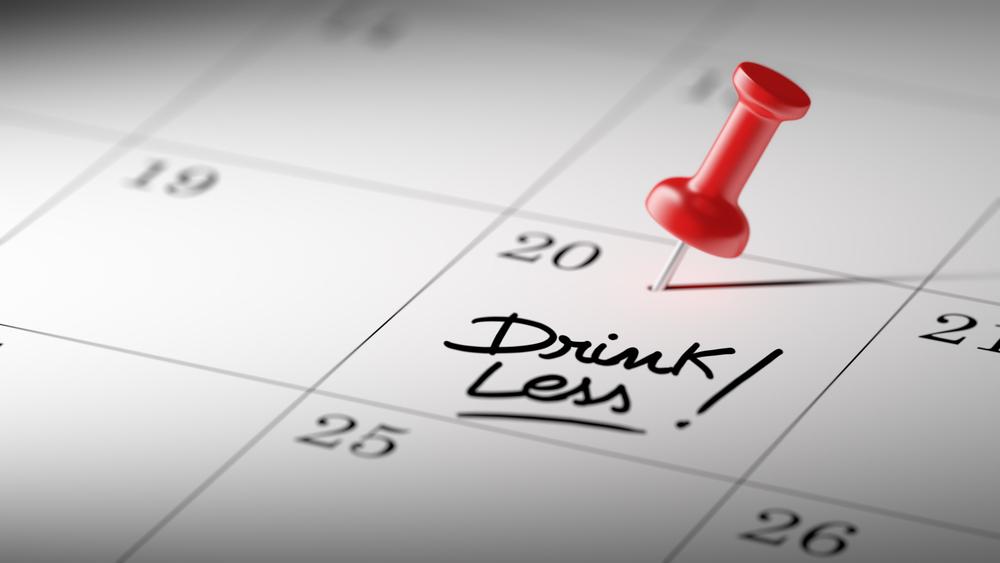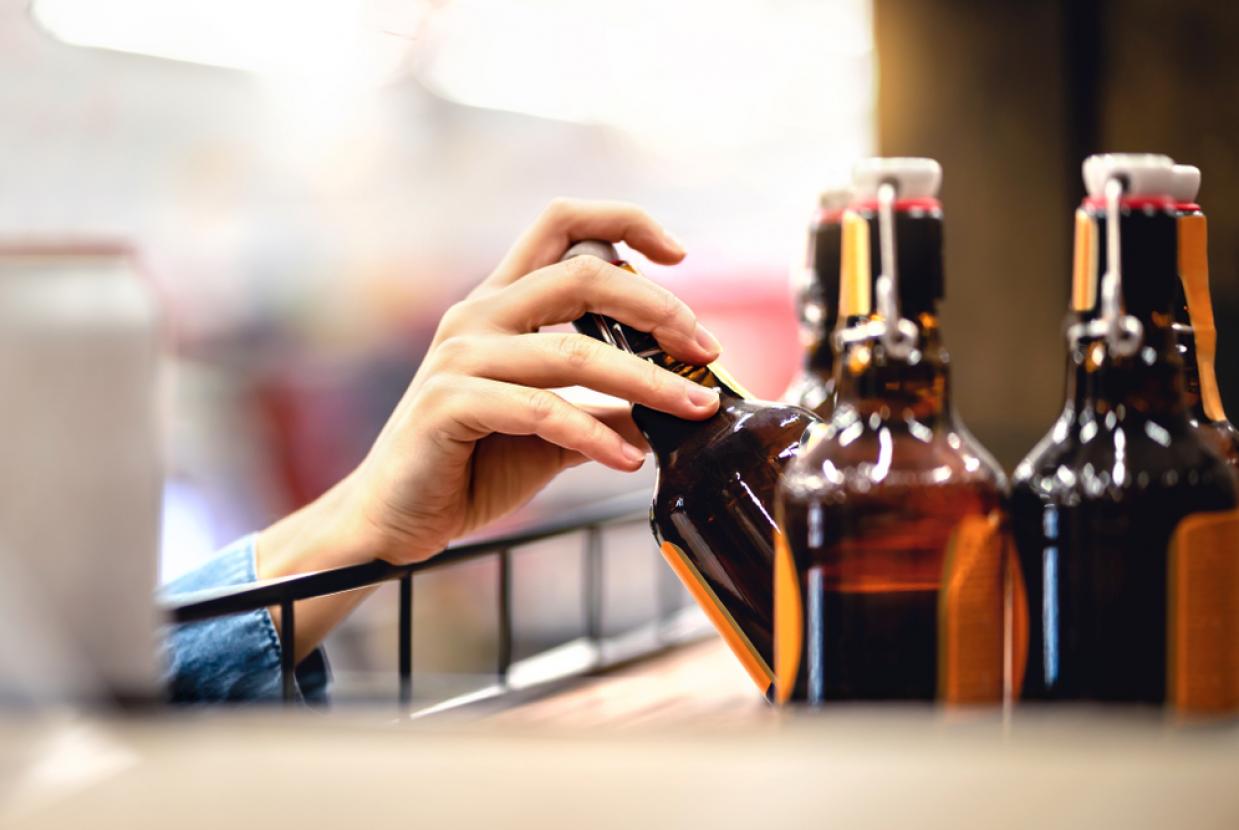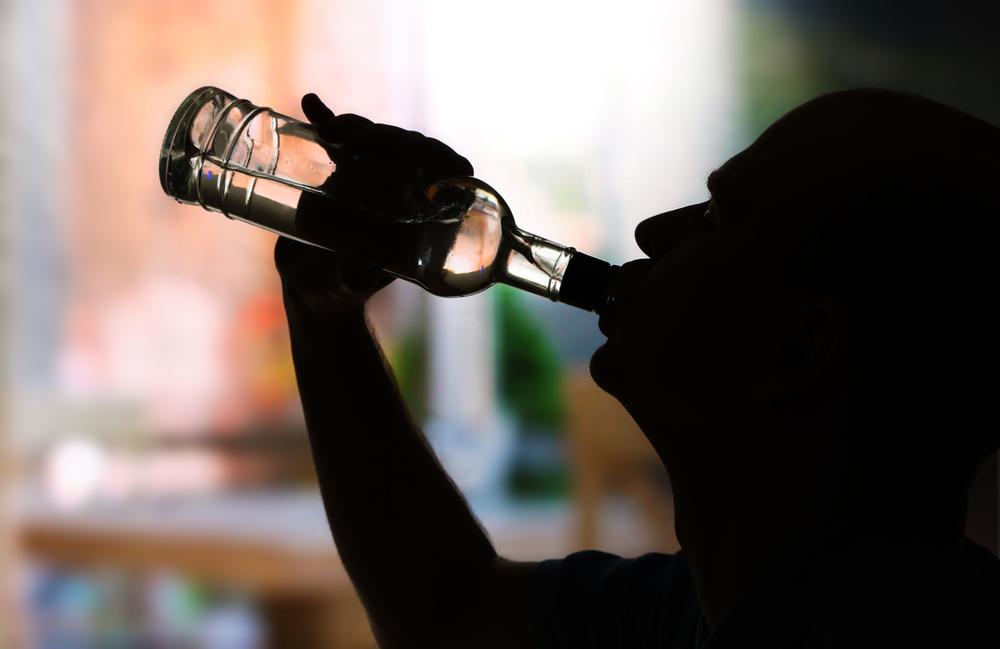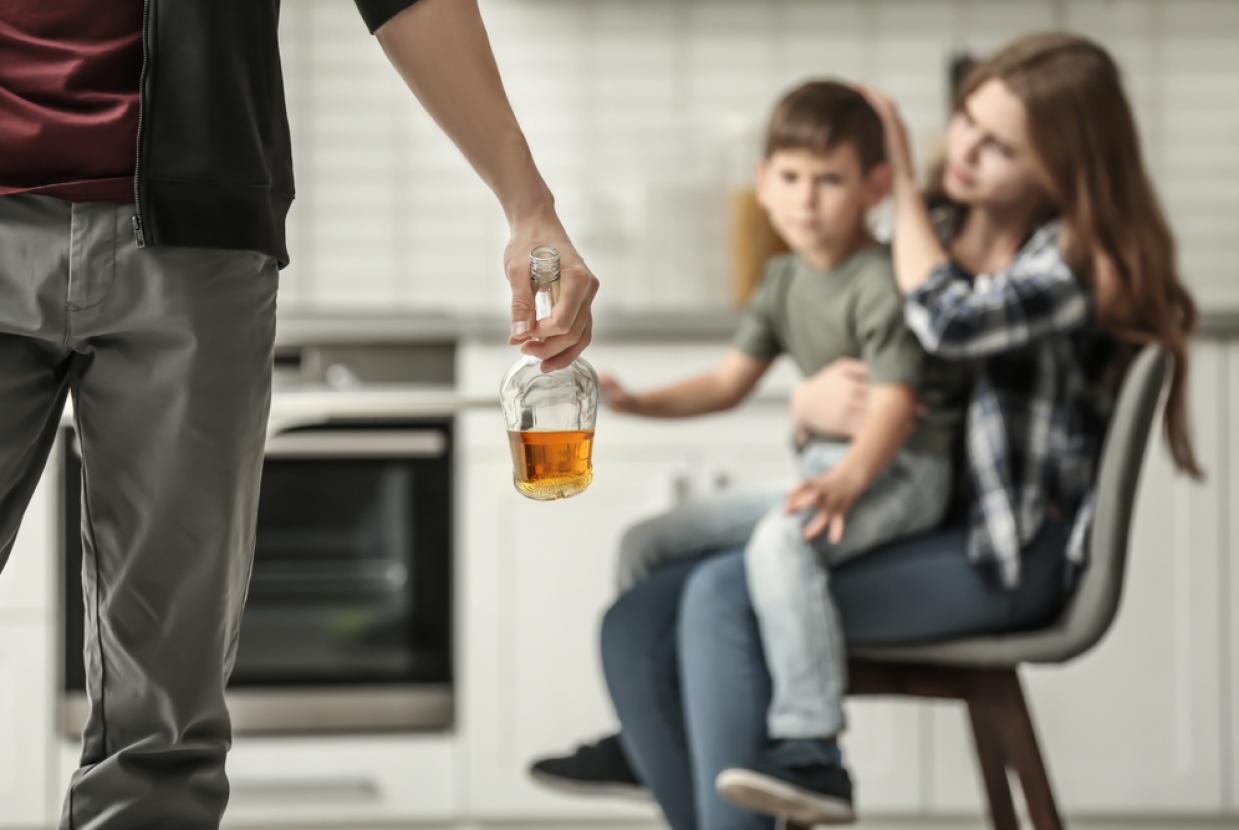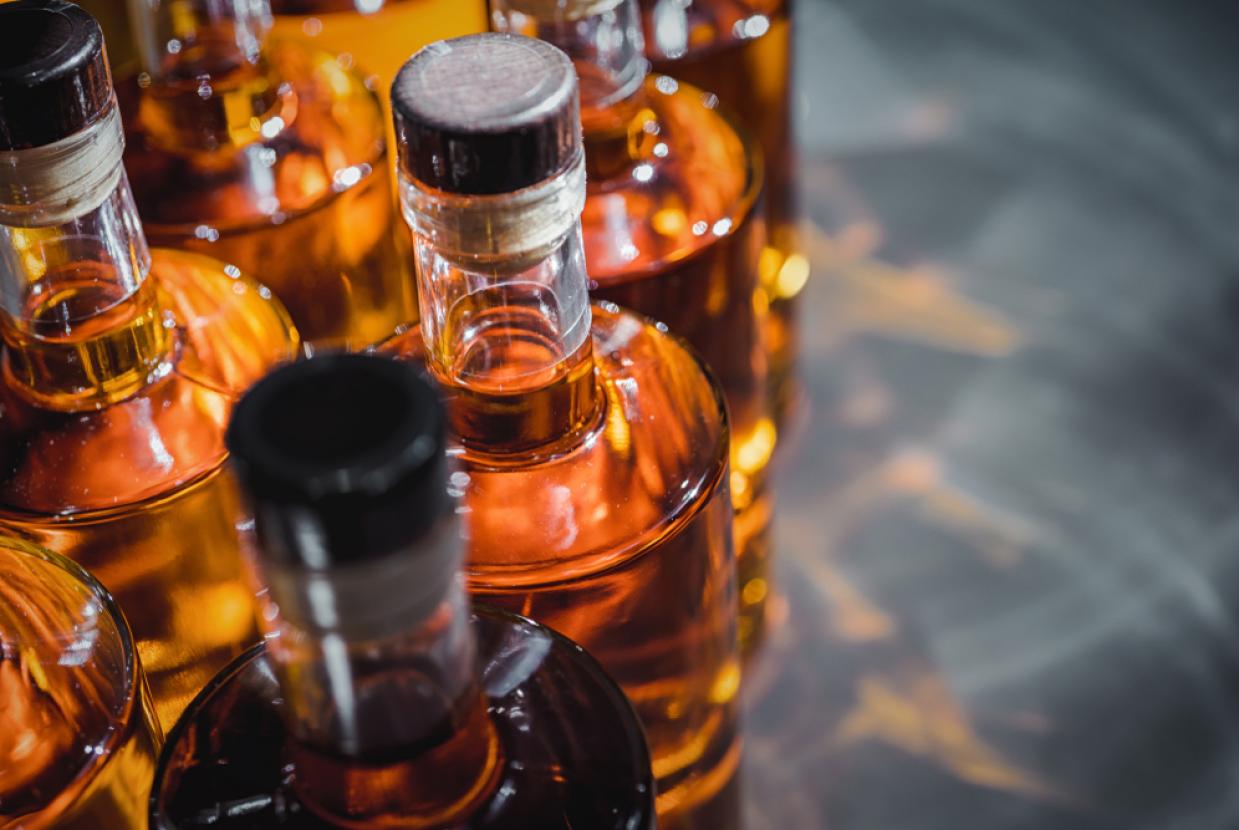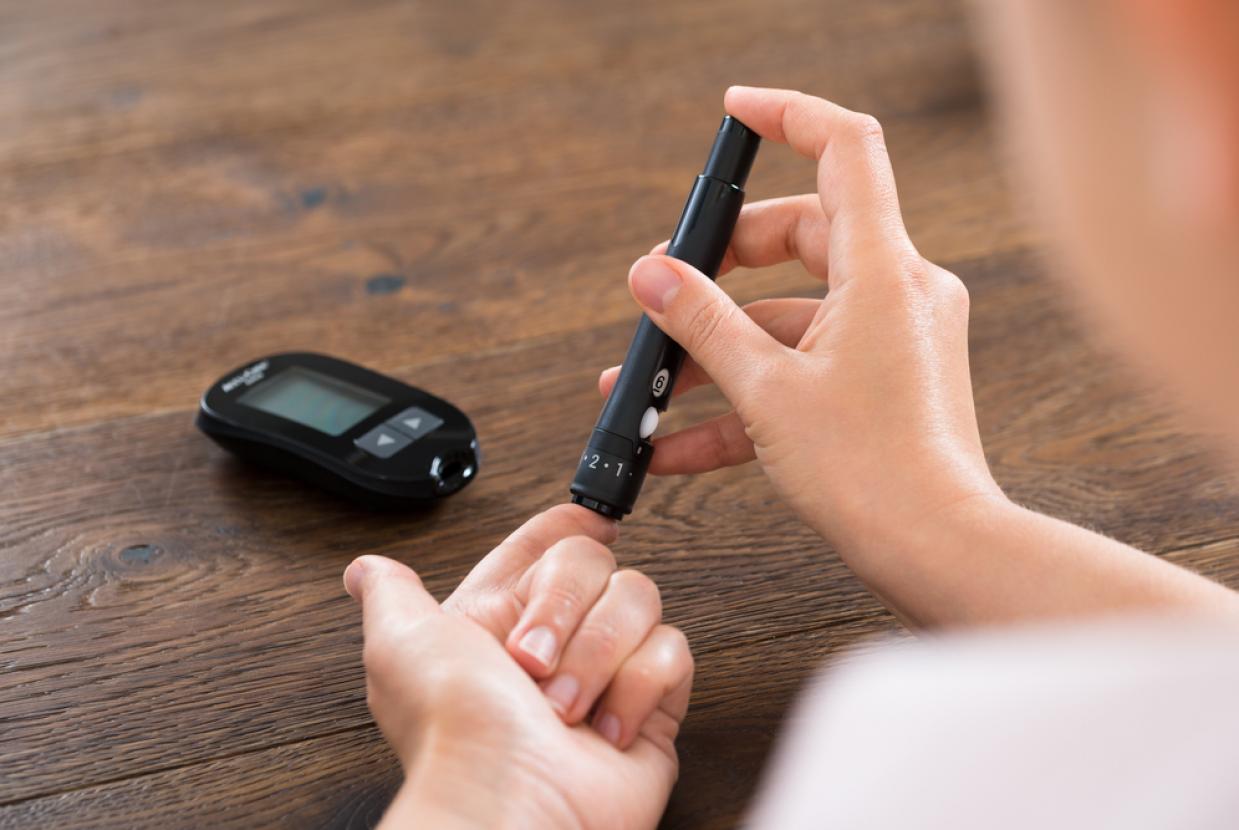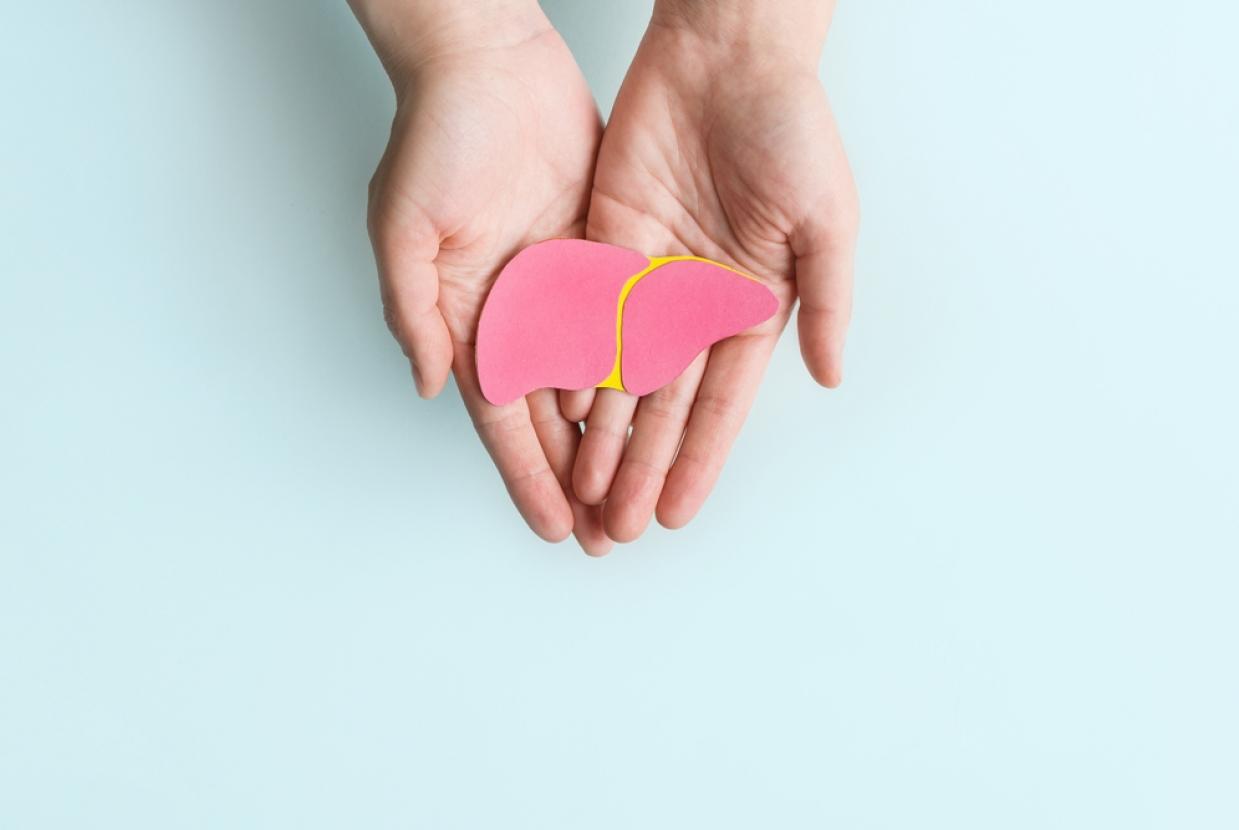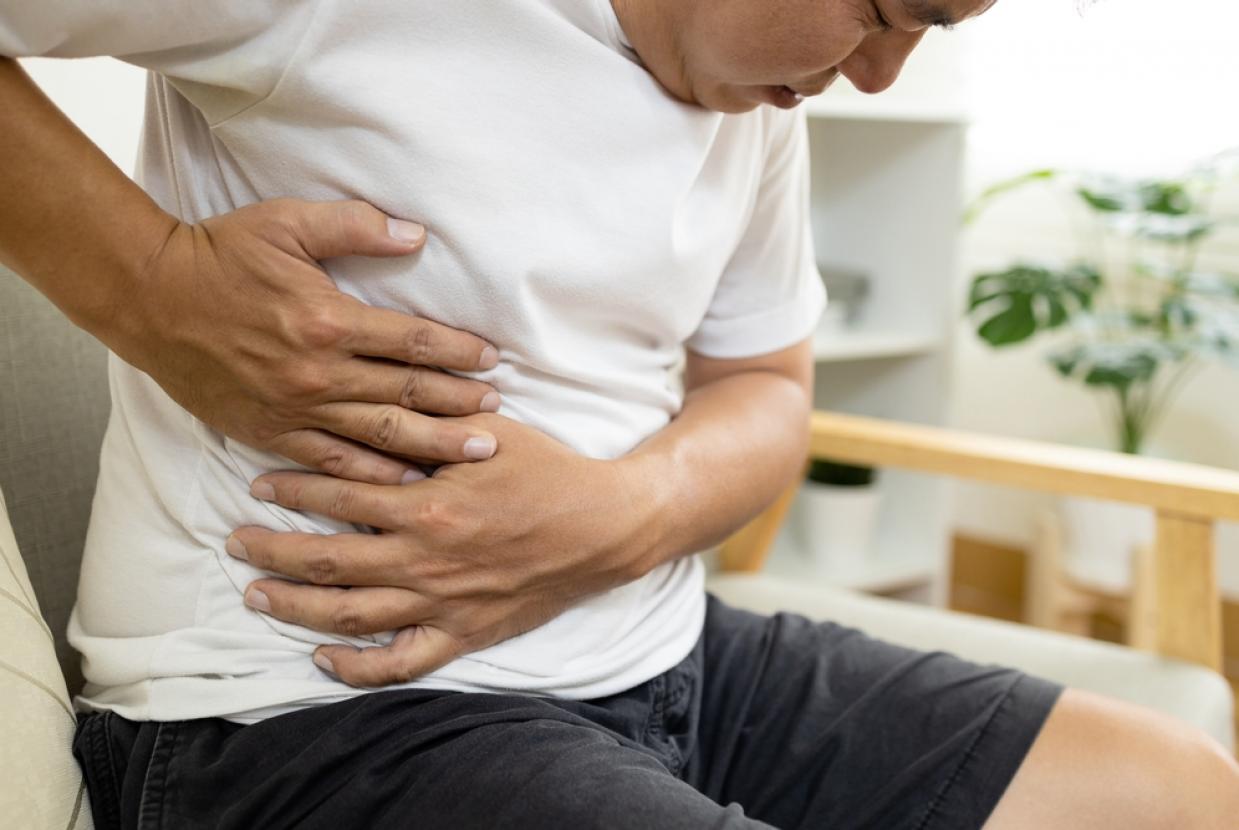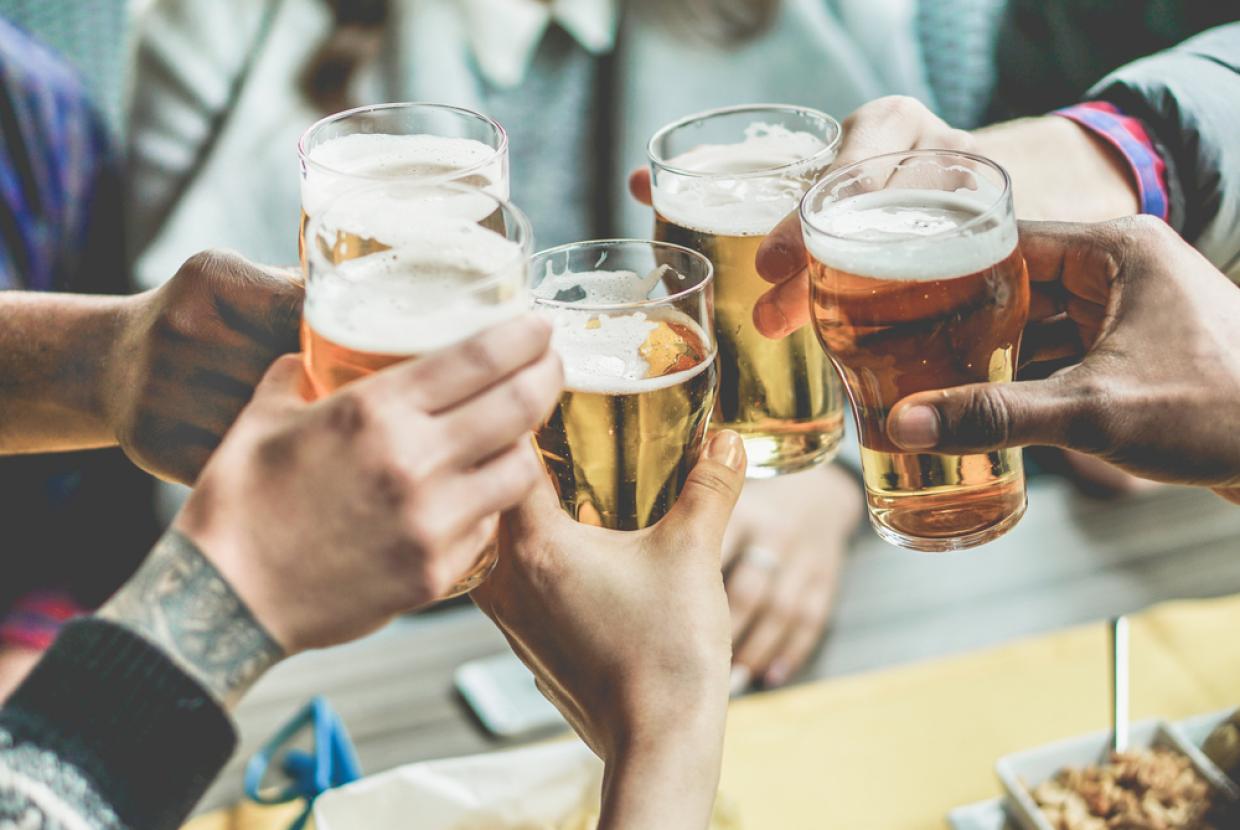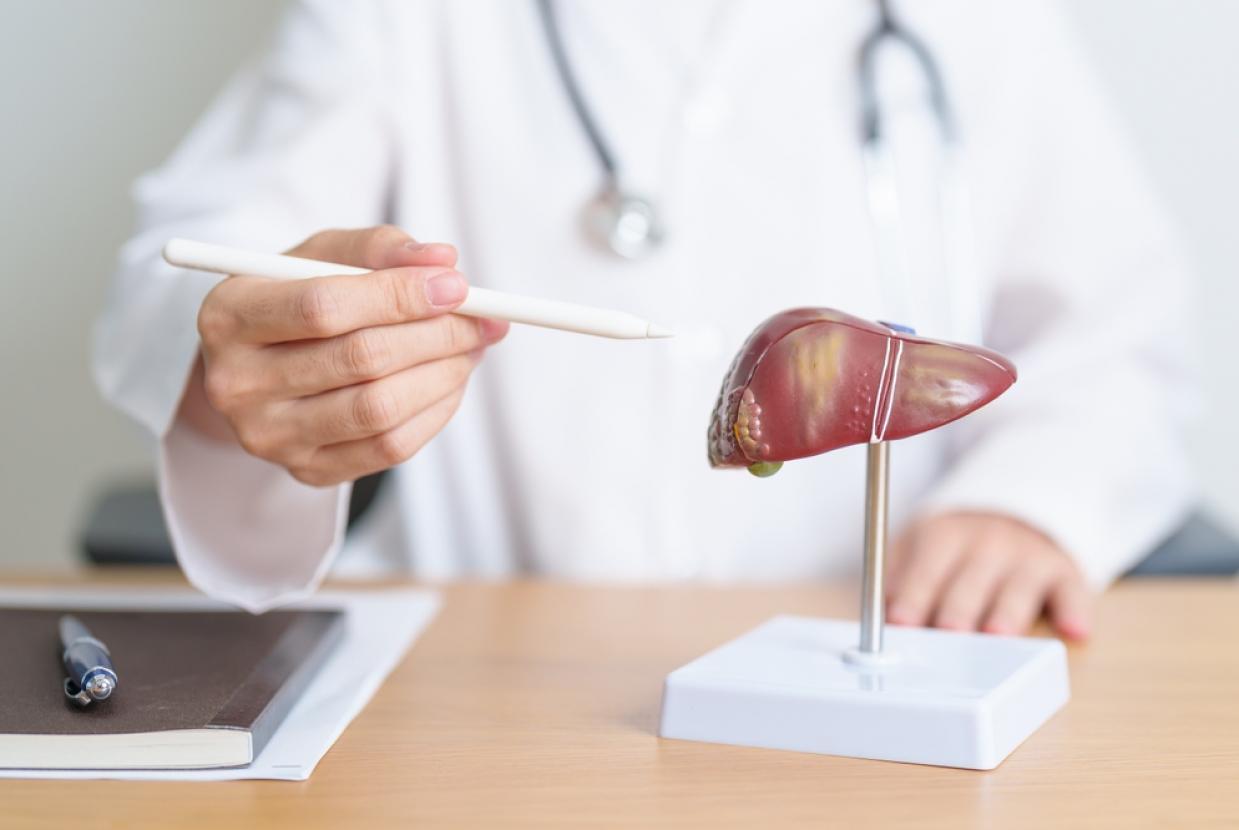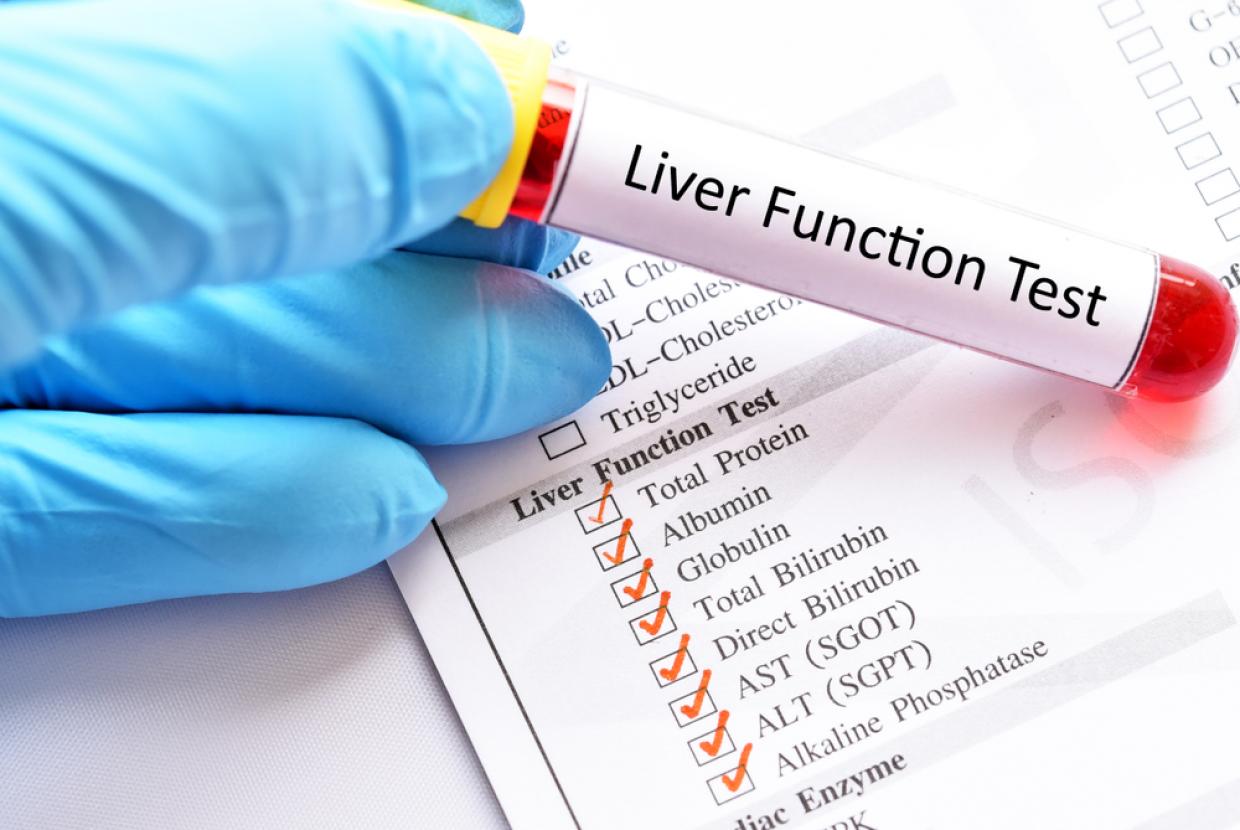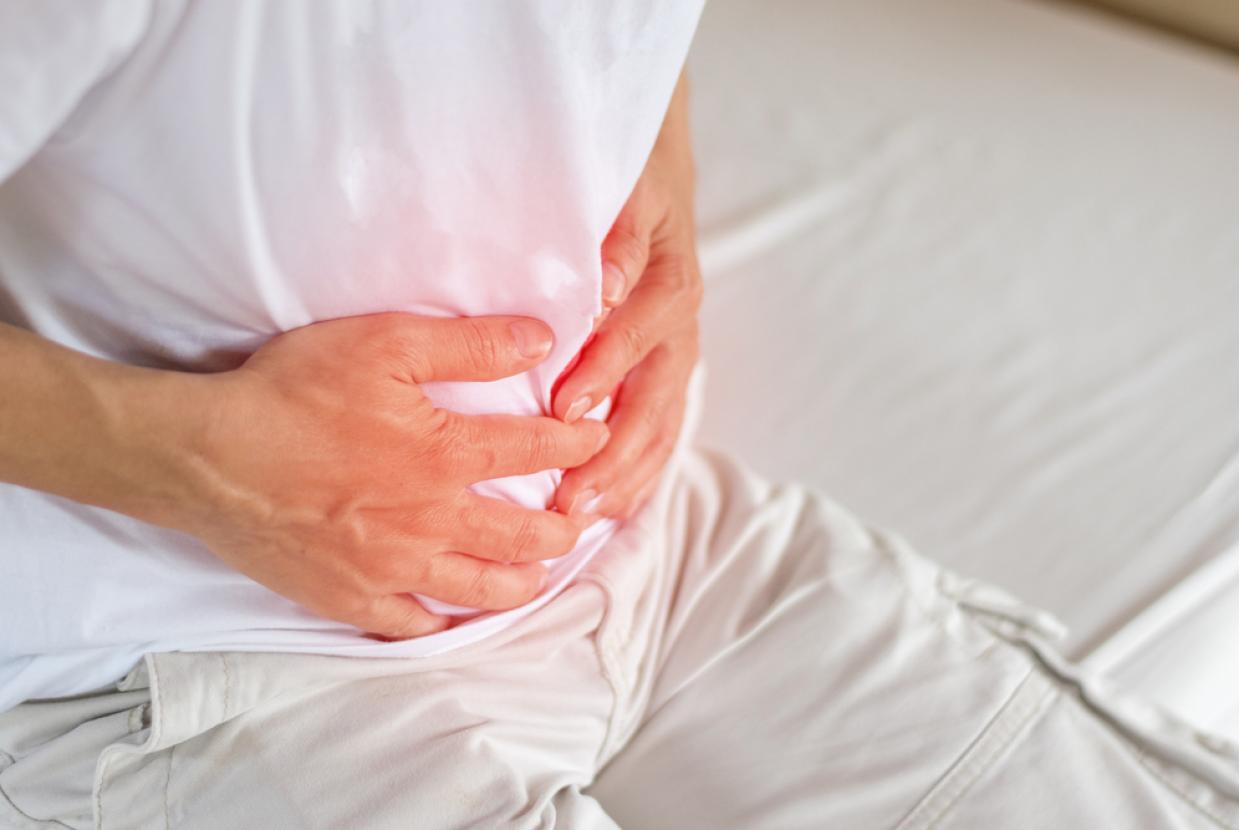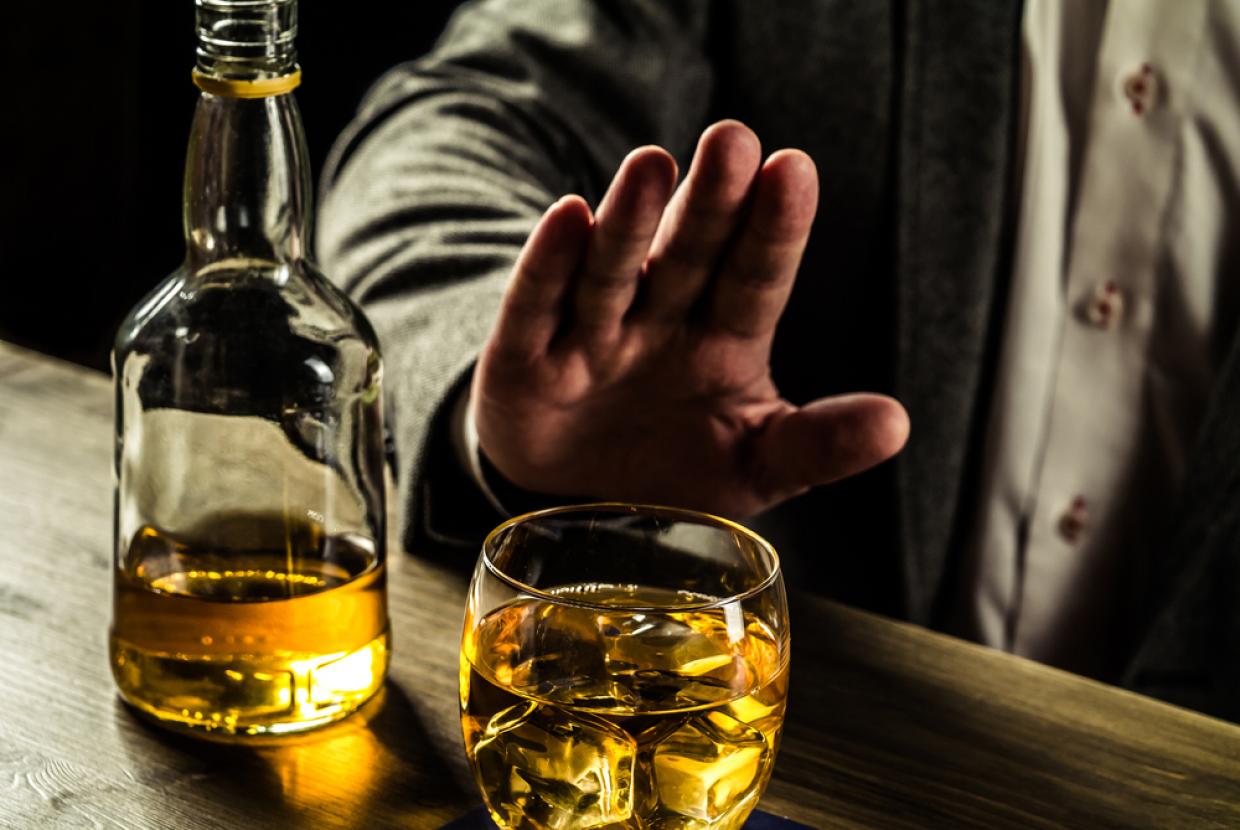Alcohol & The Brain
There are various ways alcohol can affect the health of your brain.
How alcohol affects your brain
As anyone who has ever had an alcoholic drink will know, alcohol can make you more chatty, more confident, and less coherent. It slows your mental and physical reactions and reduces your ability to think, reason and remember. That’s why it’s never a good idea to have alcohol before undertaking any potentially dangerous task – including driving, of course.
These short-term symptoms generally pass once we sober up again, but long-term heavy drinking can bring about more serious changes in our brains.
Alcohol and dementiaThere is clear evidence that regular excessive drinking can increase your risk of developing the most common forms of dementia, such as Alzheimer’s Disease and vascular dementia. Frequent drinking in early adulthood may also increase your risk of developing early-onset dementia. Long-term heavy drinking can bring about serious changes in our brains.
Alcohol-related brain damage
Alcohol-related brain damage (ARBD), or alcohol-related brain injury (ARBI), is an umbrella term for the damage that can happen to the brain as a result of long-term heavy drinking. ARBD is sometimes referred to as ‘wet brain’ or by the name of one of the most well-known forms of the condition, Wernicke-Korsakoff Syndrome.
ARBD occurs because, over time, drinking too much alcohol can change the physical shape and structure of the brain. These changes are the result of the toxic effects of alcohol and a lack of Vitamin B1 (thiamine). Vitamin deficiency is a common problem for long-term heavy drinkers, as alcohol stops the body absorbing some vitamins properly.
The symptoms of ARBD may include:
- Altered personality and volatile moods
- Difficulty thinking, learning and remembering
- Confabulation – filling gaps in memories with irrelevant or inaccurate information
- Problems controlling impulses – leading to inappropriate or offensive behaviour
ARBD is often mistaken for conditions like Alzheimer’s Disease but, unlike Alzheimer’s, ARBD is not progressive – it doesn’t inevitably get worse over time. Recovery is possible and the outcomes for people who stop drinking and who receive high-dose Vitamin B1 treatment can be very good, with much of the damage to the brain being reversed.
The advice for anyone looking to avoid brain damage and keep risk of dementia low is to stick to the low-risk drinking guidelines.
Protecting your brain
The general advice for anyone seeking to avoid ARBD and keep their risk of dementia low is the same as the advice for anyone else – try to stick within the Chief Medical Officers’ low-risk drinking guidelines to not drink more than 14 units of alcohol per week (about six pints of lager or one and a half bottles of wine) and spread your intake over three days or more. Try to have a few alcohol-free days too. You can also reduce your dementia risk by keeping physically active, eating healthily and avoiding smoking.
Mental health
As well as physically harming the brain, overuse of alcohol can also have an impact on our mental health. In particular, it can lead to low mood and anxiety, and can worsen the symptoms of other pre-existing mental health problems. Use of alcohol to manage the symptoms of mental ill-health can often mask underlying problems, meaning they’re not properly addressed. You can find out more about these issues here.


